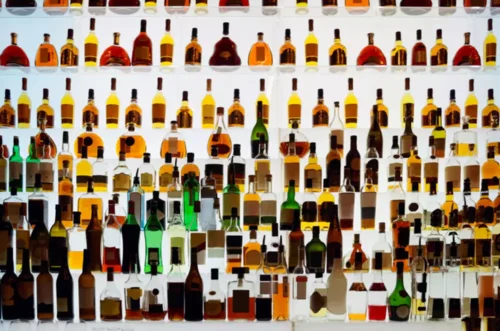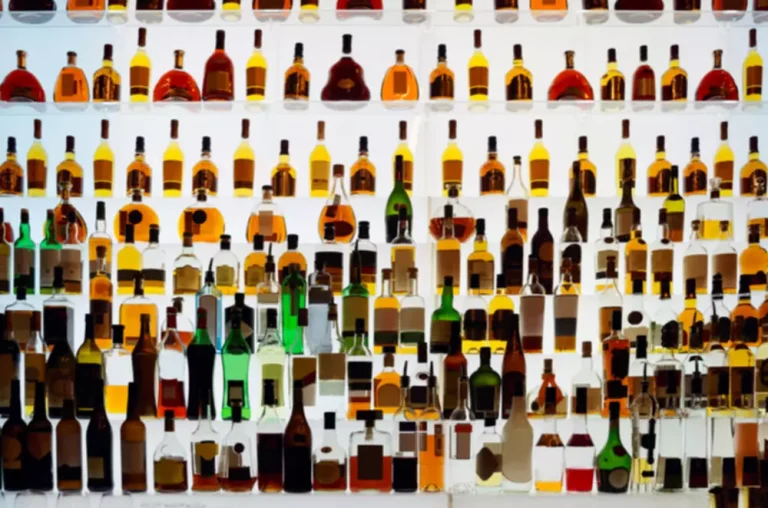Consequences of Alcohol Use in Diabetics

In most patients, the disease develops before age 40, primarily during childhood or adolescence. In those patients, the immune system attacks certain cells of the pancreas, called beta cells. (For more information on the structure and function of the pancreas, see textbox, p. 213.) Beta cells produce insulin, one of the two major hormones involved in regulating the body’s blood sugar levels and other metabolic functions. Most importantly, insulin leads to the uptake of the sugar glucose into muscle and fat tissue and prevents glucose release from the liver, thereby lowering blood sugar levels (e.g., after Drug rehabilitation a meal) (see figure). As a result of the immune system’s attack, the beta cells can no longer produce insulin.
- Alcohol interacts with certain medications that treat diabetes, such as Glynase and Prandin.
- Those on the opposite ends of the spectrum—people that drink heavily and those that don’t—have a greater risk.
- Often referred to as “liquid courage”, alcohol provides a false sense of confidence.
- Intoxication and low blood sugar levels share certain characteristics, including sleepiness, dizziness and disorientation.
Symptoms Of Dangerous Drinking In Diabetics

This information will enable researchers to statistically control for the direct effects of alcohol consumption and examine factors that influence alcohol-induced blackouts over and beyond the amount of alcohol consumed. Alcohol can cause your blood sugar levels to drop significantly, which can lead to loss of consciousness or blackout. Common symptoms of low blood sugar include nervousness, dizziness, sweating, hunger, and heart palpitations. However, as we went over earlier, the effects of alcohol are often similar to the effects of low blood sugar, making it difficult for the person to realize their blood sugar levels are low. As a result, they may keep drinking and increase their risk of blacking out. First,alcohol-induced blackouts are amnestic periods, and as such, researchers arerelying on self-report of alcohol consumption for a period of time that theindividual cannot recall.

Diabetes And Alcohol Blackouts
Dangerously low glucose levels can cause loss of consciousness, seizure or coma. Any person with diabetes type 1 or type 2 that chooses to drink alcohol is advised to monitor their drinking very closely. Excessive drinking and alcohol use can become dangerous quickly for diabetics. Diabetes is a chronic health condition that affects how your body turns food into energy. Most of the food you eat is broken down into sugar (glucose) and released into your bloodstream.

Substance Abuse Treatment Programs
If you choose to drink these, pick those labelled diet, light, zero, slimline, or check the label. If you are using carbohydrate counting to adjust insulin doses, don’t count the alcohol as grams of carbohydrate. Drinking can cause a person to become less aware of how they’re feeling in their body as well as their surroundings.
Navigating Diabetes Diagnosis & Treatment
Properly assess blood diabetes and alcohol blackouts glucose levels and to make sure they are not too low or too high. One drink per day for women, and one to two for men, may also improve your insulin sensitivity and blood sugar management. As always, you should consult with your doctor to determine whether moderate alcohol consumption is right for you. For people with diabetes, hypoglycemia (low blood sugar) can result from drinking.

Wear Medical ID
Despite what you may have heard, alcohol is not packed with carbohydrates. For example, a 12-ounce beer may have as low as nine grams of carbs, while a five-ounce glass of wine has about four. Though there are carb-heavy drinks—dessert wines, for example—they do https://ecosoberhouse.com/ not necessarily make for a better drinking option. Questions about blackouts during routine medical visits could serve as an important simple screen for the risk of alcohol-related harms.

Alcohol interacts with certain medications that treat diabetes, such as Glynase and Prandin. For people who take diabetic medications, drinking too much can damage the liver. But drinking alcohol may cause you to have a hypo, even as long as 24 hours later. Check with your healthcare provider to see if drinking alcohol is safe for you.
More in Alcohol and physical health
- Drinking is individualized and there’s no universal rule for how to do it safely when you live with diabetes.
- These imaging techniques help the doctor examine brain activity and rule out other neurological conditions.
- Check with your healthcare provider to see if drinking alcohol is safe for you.
- Among diabetics, the prevalence of neuropathy with obvious symptoms (i.e., symptomatic neuropathy) increases with increasing disease duration.
Possible causes of blackouts include epilepsy and drinking a large volume of alcohol. Consuming alcohol on an empty stomach can expedite hypoglycemia in people with diabetes. Food slows down the absorption of alcohol into the bloodstream and prevents low blood sugar.

